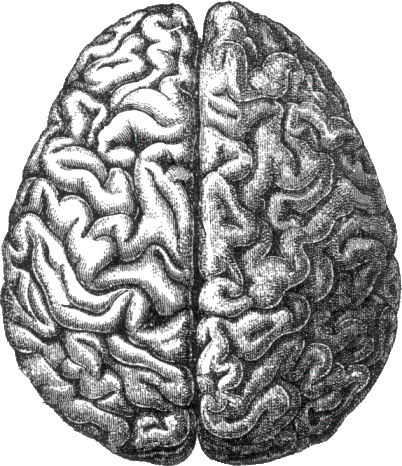Storing photos, documents and other files in brain-implantable liquid could one day be a reality after researchers discovered a new method of storing data in microscopic particles suspended in a solution.
Scientists at the University of Michigan realised that digital information could be stored on colloidal clusters after observing them switch between two states – such as the 0s and 1s of traditional bits – when placed in a liquid.
A research paper detailing the team’s findings, entitled Digital Colloids: Reconfigurable Clusters as High Information Density Elements, was recently published in the journal Soft Matter.
“We wanted to demonstrate that it would be possible to store information in a new way that’s different to traditional silicon chips by using nanoparticles,” Sharon Glotzer, a chemical engineer at the University of Michigan who led the research, tells IBTimes UK.
(Read the rest of the story here…)
